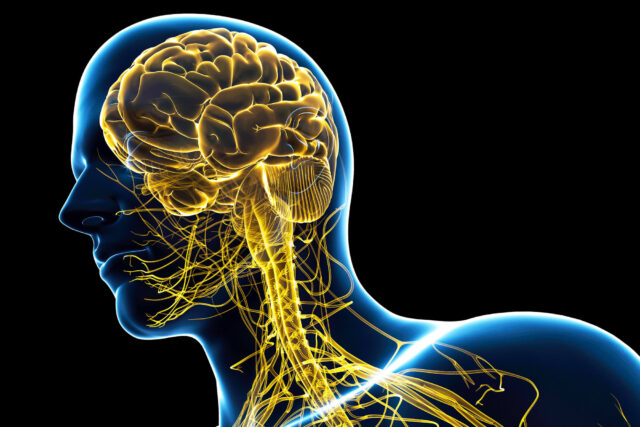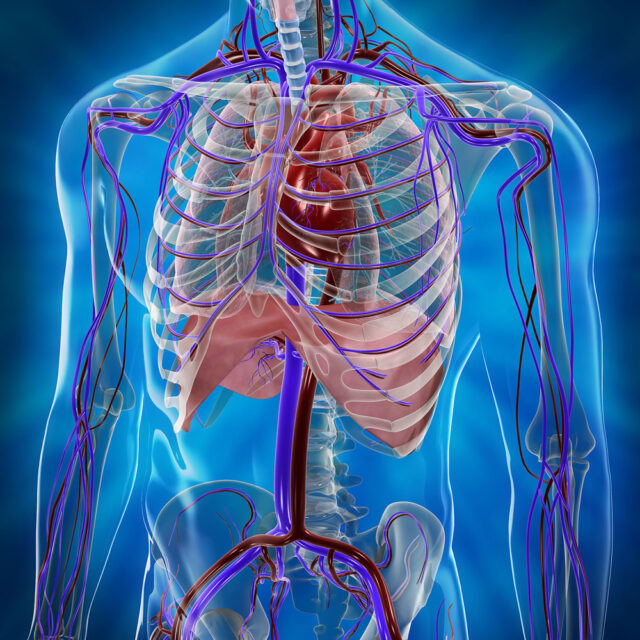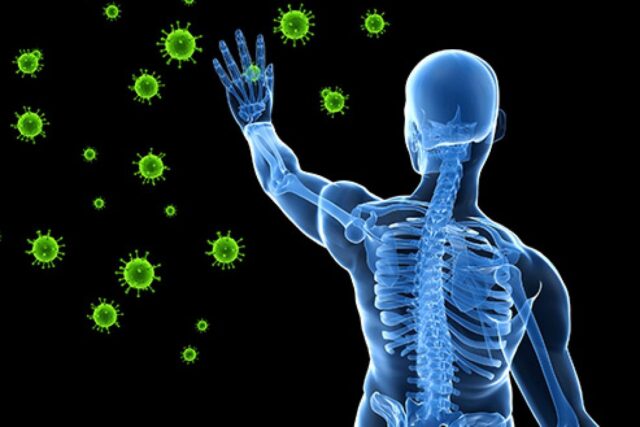
Everyone feels anxious from time to time, but the real problem is when people experience chronic anxiety. Chronic anxiety can really mess up your quality of life if left unchecked. Anxiety mostly affects our behavior, but it can be the leading cause of some serious health problems.
What are the effects of anxiety?

As we said earlier, everyone feels anxious from time to time; it’s normal for a person to experience anxiety at some point in their life. But it’s not normal when we feel anxious all the time, every single day.
Common cases where we feel the effects of anxiety is when we have to address a large group of people during a class presentation, or during an interview. In these situations, our heart rate starts increasing fast and concentrating blood starts flowing to the brain, which means that your body is preparing you for an intense situation.
However, the real problem is when it gets too intense. In this case, we start feeling nauseous and lightheaded and an excessive state of anxiety can severely enhance these feelings.
But there are many cases of anxiety disorders, and it would take a whole article on its own to explain all of them. We are going to mention them before moving on to the main topic of the article, which is how anxiety harms your well-being. The most common anxiety disorders are:
– Generalized Anxiety Disorder
– Social Anxiety Disorder
– Post-Traumatic Stress Disorder
– Obsessive-Compulsive Disorder
– Phobias
– And Panic Disorder
There are many ways that untreated anxiety harms your well-being, but for the sake of importance, we’ve singled out the most frightening three.
1Central Nervous System

According to Fherehab.com, untreated anxiety mostly affects our central nervous system by causing your brain to release stress hormones on a regular basis. If left unchecked, anxiety can cause an increase in headaches, dizziness, and the most frightening of all, depression. Whenever we feel under stress or anxious, our brain fills our nervous system with hormones and chemicals that are designed to help you respond to such threats. Two of the most common chemicals and hormones that the brain releases are adrenalin and cortisol.
If left untreated, anxiety can have a daring impact on your physical health, which comes straight from the nervous system.
2Cardiovascular System

Long-term exposure to anxiety can lead to some serious problems with the cardiovascular system such as a rapid heart rate, palpitations, and chest pain. The harmful effects of anxiety can also increase the risk of high blood pressure and heart diseases, which are getting more and more common in today’s youth. If you have heart disease problems in your family, then anxiety may increase the risk of coronary events later in your life.
3Immune System

There is a reason why they say that anxiety is a real killer. The reason being that anxiety can trigger your flight-or-fight stress response and release adrenalin and cortisol into your immune system.
While this doesn’t have any negative effects in the short-term, long-term exposure to anxiety can cause your immune system to function improperly. It is quite normal to be exposed to adrenalin; however, your body will never get the signal to return to normal functioning if we keep feeling anxious or stressed. Ultimately, this harms our immune system, which leaves you vulnerable to infections, diseases, illnesses, and another health-threatening disease.
4Related Posts:
- Understanding Montana Health Insurance ─ Your…
- Understanding Cigna: Your Comprehensive Guide to…
- 10 Reasons Why Taking Care of Your Health Matters
- Understanding Kansas Health Insurance Options for…
- 5 Most Common Chronic Pains and How to Treat Them
- 5 Beneficial Effects of Kratom for Depression and Anxiety







